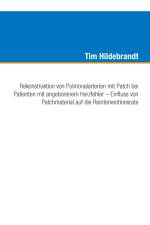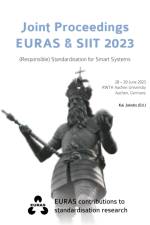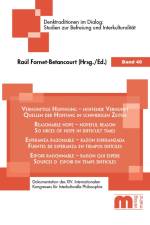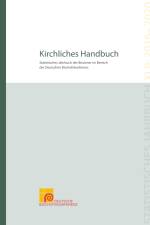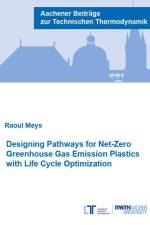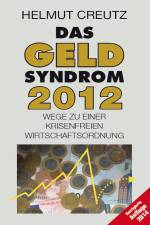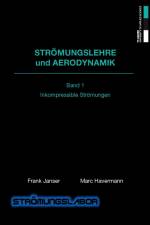von Kai Jacobs
79,00 €
The annual EURAS Conferences bring together academics from a variety of disciplines and backgrounds, representatives from national and regional standards bodies, and government agencies, and company representatives. They all share an interest in standardisation research and education. The papers presented at EURAS conferences address a broad variety of issues relating to standards and the underlying standardisation process. These include, among many others, standardisation policies, the economics of standardisation, participatory, legal and regulartory issues, as well as the history and the future of standards and standardisatoin.Since 1999, SIIT conferences are bringing together experts from academia, government and industry with an interest in ICT standardisation. It thus serves as a platform to foster the exchange of insights and views on all issues surrounding standards, standardisation and innovation. Contributing academic disciplines include, but are by no means limited to: Business Studies, Computer Science, Economics, Engineering, History, Information Systems, Law, Management Studies and Sociology.The theme of the 2023 joint EURAS & SIIT converence was '(Responsible) Standardisation for Smart Systems'. The injection of Information and Communication Technologies (ICT) into more 'traditional' technologies has created a wide range of 'smart' systems. Specifically, 'smartness' is based on a number of enabling technologies, including the internet of Things (IoT), Artificial Intelligence (AI), Big Data and Machine Learning (ML). Taken together, these technologies may help establish a perfect Orwellian surveillance society, a more liveable, greener and more secure environment or something in between. In any case, smart technologies will affect individuals, governments, businesses and society at large alike. As one of the earliest stages in the technology development process standardisation can help ensure that smart systems will not exhibit any undesired and undesirable characteristics. To this end, the standards setting process will have to leave the techno-economic realm and to also take into account e.g. societal, environmental and ethical aspects. To do so, a much broader variety of stakeholders will have to be involved in the process. This, in turn, may imply that the process will need to be adapted.

